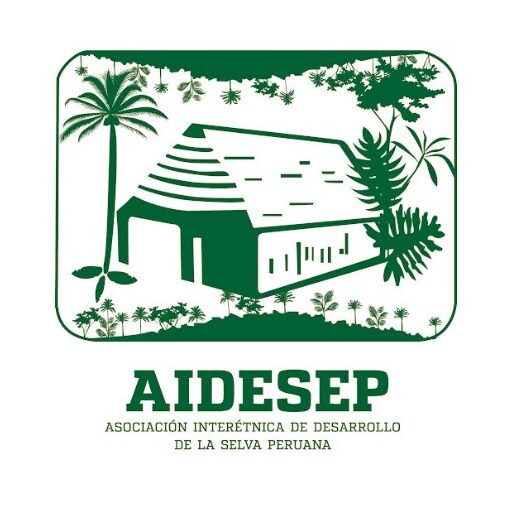Indigenous organizations ORPIO, CORPI and ORAU point out that the current participatory process goes directly against the prior consultation agreements of 2015.
Iquitos, 18 July 2018.- The indigenous organizations ORPIO, CORPI-SL and ORAU delivered a formal communication yesterday to the Ministry of Transportation and Communications (MTC) and to the COHIDRO Consortium requesting to halt the implementation of the Citizen Participation Plan of the Amazonian Waterway project until the first stage of its implementation is evaluated.
This request stems from the reduction of the participation of the affected peoples and the breaches of prior consultation agreements of the project.
More than 56,000 indigenous people excluded from participation
The letter notes that the Prior Consultation process of the project -which the same MTC is in charge of- promoted the participation of the more than 60 thousand indigenous people who live in the area where the project will be developed. Contrary to these provisions, only about 4,000 people (including indigenous peoples, settlers, urban population, among others) participated in the first round of informative workshops on the citizen participation.
Wise men incorporated, but not their knowledge
One of the prior consultation agreements is the incorporation of ancestral knowledge in the Environmental Impact Assessment (EIA). Currently four wise men have been chosen, representatives of different federations and communities are. However, still no methodology exists that ensures the incorporation of ancestral knowledge in the EIA, even though the EIA is already being prepared and must be submitted no later than in November.
On the other hand, the dissatisfaction of the indigenous leaders was evident during the incorporation of the wise men in the work of the consultant, since their knowledge has not been included as a contribution. According to the prior consultation agreements, the wise men must participate in the field visits to collect information. However, the letter of indigenous organizations states the following about the information meeting of 11 July: “Rusbel Casternoque, a wise man representative of the ORPIO indigenous organization, reported that in the work of the field visits the wise men were not consulted. On the contrary, they had to intervene to correct the consultant’s statements on different occasions.” It was also noted that there were no spaces for the exchange of information or the incorporation of the knowledge of the indigenous representative.
Indigenous leaders demand a methodology of intercultural participation
During the briefing on the project, held on 11 July in Iquitos, it was pointed out that the first round of workshops were only translated into 4 native languages, while there are 14 peoples present in the area where the project will be developed.
In relation to these issues, Jorge Pérez, president of the ORPIO indigenous organization, said the following: “We are concerned about the way in which the different participation mechanisms are being developed. It is necessary to evaluate the workshops, methodologies in coordination with the Indigenous Federations and ensure that these are adapted to our cultures as a condition to continue with the development of the new round of informative activities. How to participate properly without it?”
Also, on Friday, 13 July, in the city of Iquitos, the third session of the Multi-sectorial Working Group of the Amazonian Waterway project was held. The group was created for the fulfillment of development projects in the area of influence of the project as part of the agreements of the prior consultation.
In this meeting, it was made clear that the cumbersome procedures and the extensive government deadlines have resulted into limited progress during a year of work, and in several cases there are no profiles for the projects. Additionally, there is no methodology for sharing information in multi-sectoral spaces and with indigenous participation: in these spaces, technical language is used without having previously shared information to evaluate or revise it. Evaluation spaces prior to the sessions are also not provided.
Renewal process of the methodology is a matter of urgency, focusing on quality and on instruments that allow measuring the degree of understanding of the information that is shared.



